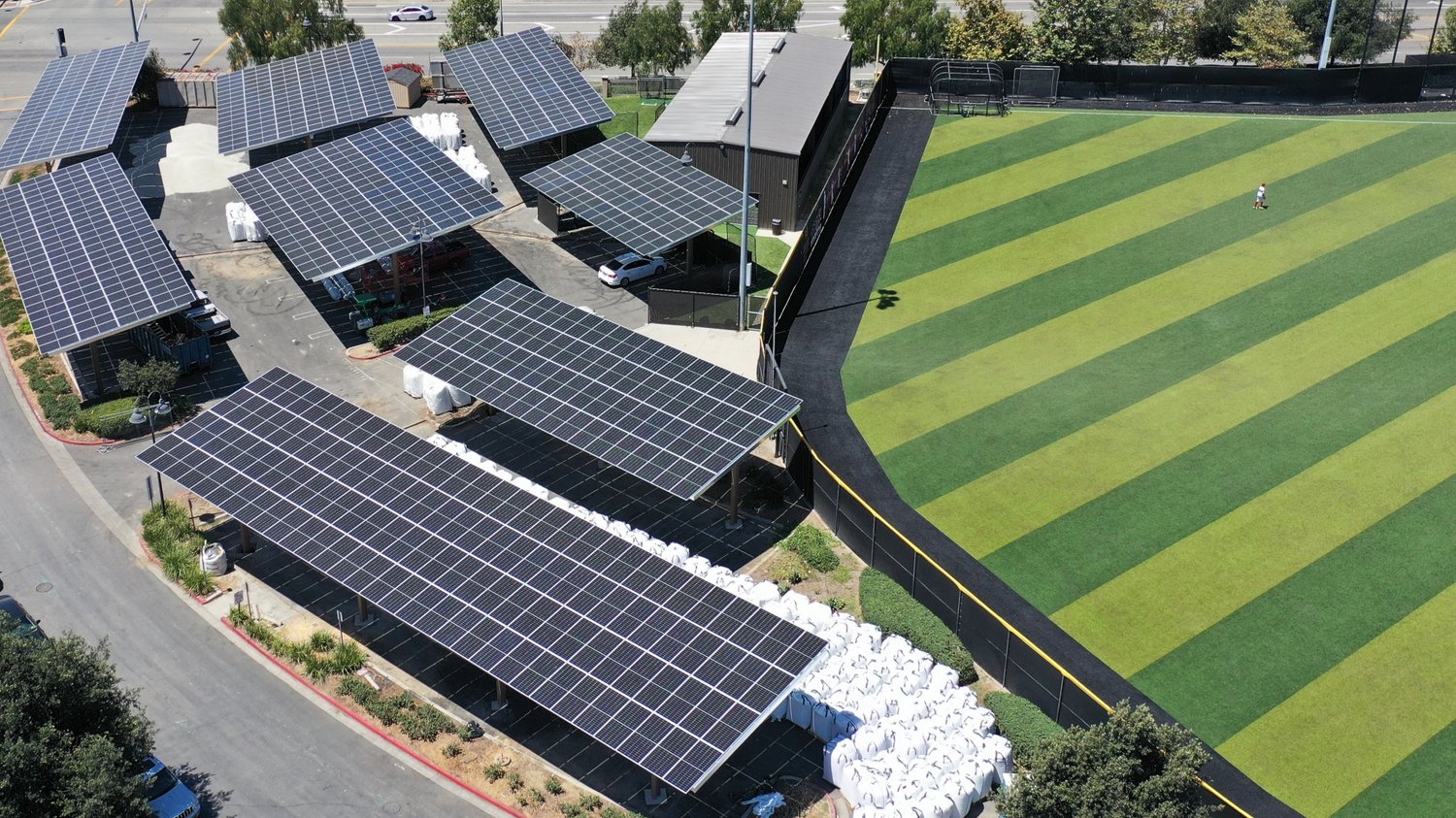ImpactAlpha, September 15 – India is experiencing a surge of interest in climate investment and innovation, thanks to the country’s bold commitments at COP26 last year, during which Prime Minister Narendra Modi promised to meet half of the country’s energy requirements with renewables by 2030 and to reach net-zero by 2070.
At the same time, many companies in India are now looking to make sustainability core to their operations and supply chains.
“It’s a tipping point,” said Aakash Shah of Peak Sustainability Ventures a sustainability-oriented, early-stage venture capital fund, told a gathering of impact investors in New Delhi this week.
More Indian incubators, entrepreneurs and investors are talking about climate finance. “There’s a lot of global capital with eyes on this space and they’re looking to come to India,” he said. Meanwhile, more companies locally looking to raise funds. In the last 15 months, his firm counted close to 1,800 deals. “It’s a sign of a maturing industry.”
With 1.4 billion people, India is the third largest consumer of energy in the world. In the next 20 years, the country will add power generating capacity equal to the European Union’s, according to the International Energy Agency.
Modi’s promise of reaching net-zero by 2070 needs a lot of investment, fast. The government is stepping up with several programs for renewable energy and supporting electric mobility. Private capital is following its lead.
“Capital goes where entrepreneurs are going, and increasingly entrepreneurs are veering towards climate,” said Riddhi Vora of Avaana Climate and Sustainability Fund.
This was the first time that climate featured so prominently in discussions, notes Ramraj Pai of Impact Investors Council, which hosted the convening. “There is today a heightened sense of interest from investors.”
Climate tech surge
Seventy climate-focused startups in India raised $839 million in the first half of 2022, according to research from IIC. Climate tech was had the fastest deal growth in 2021.
Historically, climate investments in India have focused on renewable energy generation through solar, wind and other projects.
But that isn’t enough to address India’s vast decarbonization needs – thus the push for climate tech innovation.
The urgency for climate action was underscored recently when unexpectedly heavy rains pounded Bangalore, India’s Silicon Valley, speakers observed. Viral videos showed some tech workers going to their offices on tractors.
Tech talent
Expect more climate tech innovations to come out of India. With the world’s third-largest startup ecosystem after the U.S. and China, investors are betting on India to “leapfrog” in climate technology. Startups in India are working on second-generation biofuels and decarbonization solutions, among other themes.
The relatively low cost of experimenting with new technologies in India has made the country a hotbed of innovation, observed Satya Narayan Bansal of Blue Ashva Capital, a fund based in India and Singapore.
Another theme: the intersection of climate change and gender investing. Megha Goel, formerly with Encourage Capital, co-founded the Entelechy Fund to invest in financial services companies supporting clean tech and gender goals. Goel hopes to raise $50 million by next year to back companies driving energy efficiency, waste management, and the circular economy, among other themes.
Goel was motivated to launch the fund because of the dearth of women fund managers in India.
“I think we should challenge that and have some more role models in this space,” she said.
Investors recognize that there is also a need to harness more entrepreneurial talent from diverse backgrounds
“India can solve global problems using deep tech talent, absolutely,” said Nakul Zaveri of Relativity Investment Advisors. But to solve India’s problems at scale, entrepreneurs first need to address operational challenges and policy issues.
Impact capital upswing
Last year was the strongest year for impact investing in India more broadly. IIC recorded $6.8 billion in impact investments in 2021, up from $4.7 billion two years ago. Around 60% of the $14.4 billion in impact investments between 2019 and 2021 came from commercial investors.
“On the face of it, it seems that commercial capital is now embracing impact,” said Mona Kachhwaha of Unitus Capital. “They’ve bought the idea that impact businesses make good business sense.”
At Affirma Capital, an emerging market private equity firm, all portfolio companies are now assessed using an ESG lens, said Affirma’s Udai Dhawan. “This is really a movement.”











